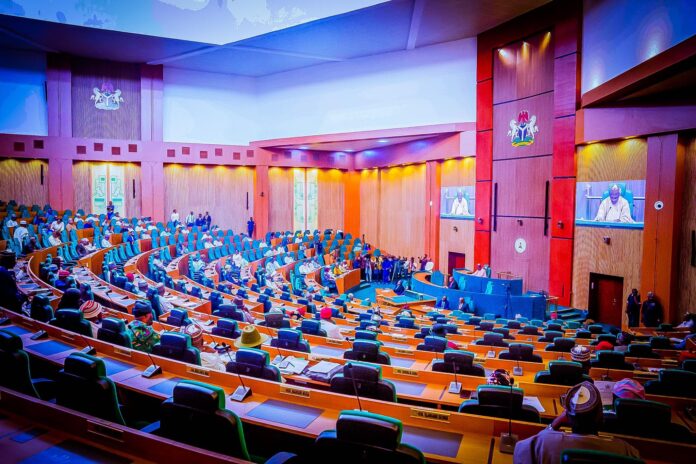The House of Representatives has approved a new Value Added Tax (VAT) sharing formula. Under the new arrangement, states will receive 55% of VAT revenue, while local government councils will get 35%.
This decision came after the House Committee on Finance submitted its report on four tax bills sent by President Bola Tinubu to the National Assembly in October 2024. The report was reviewed clause by clause and adopted in a session led by Speaker Tajudeen Abbas.
Breakdown of the New VAT Allocation
According to the revised framework, the 55% allocated to states will be distributed based on three factors: 50% will be shared equally, 20% will depend on population, and 30% will be based on consumption. The new formula prioritizes where VAT is actually paid rather than where tax returns are filed.
Similarly, local governments will receive 35% of VAT revenue under the same distribution method.
Additionally, the timeline for issuing a Taxpayer Identification Number (TIN) has been extended from two to five working days to accommodate administrative delays. Authorities must also provide reasons if they refuse to issue a TIN.
Corporate Tax Filing and Exemptions
Companies shutting down operations must now file tax returns within three months instead of six months. The aim is to prevent revenue losses.
Other key tax changes include:
- The Federal Inland Revenue Service (FIRS) will introduce new regulations to enforce a digital fiscal system.
- Any tax waivers granted by the President or governors must be approved by the National Assembly or the respective state Houses of Assembly.
- The Office of the Accountant General can now deduct unremitted taxes from Ministries, Departments, and Agencies at the source.
Additional Tax Policy Adjustments
The House also approved several reforms in tax administration:
- The FIRS Board will have six Executive Directors, each representing a geopolitical zone, rotating periodically.
- Every state and the Federal Capital Territory will have a representative on the board to maintain federal character compliance.
- The Tax Appeal Tribunal will now be funded from the Consolidated Revenue Fund instead of relying on the FIRS to ensure judicial independence.
Changes in Development Levy Distribution
The revised tax bill also adjusts how the Development Levy will be shared. The allocations are:
- Tertiary Education Trust Fund – 50%
- Nigerian Education Loan Fund – 3%
- National Information Technology Development Fund – 5%
- National Agency for Science and Engineering Infrastructure – 10%
- Defence Infrastructure Fund – 10%
- Nigeria Police Trust Fund – 5%
- National Sports Development Fund – 5%
- Social Security Fund – 10%
- National Board for Technological Incubation – 10%
- National Cybersecurity Fund – 1%
The House is expected to pass the tax bills into law next week after a third reading.
Like 👍, Comment, share this article, and Follow us on our social media handles.
Feel free to download and share our Daily Newsletter for Wednesday, March 12, 2025. 👇







